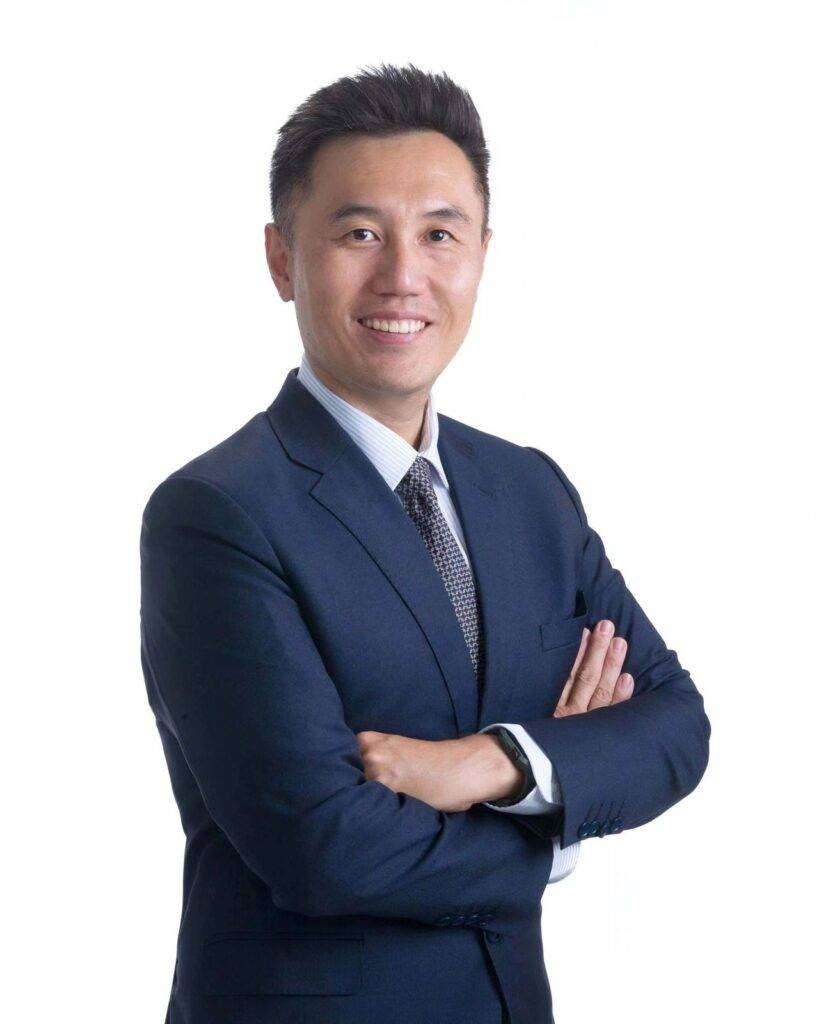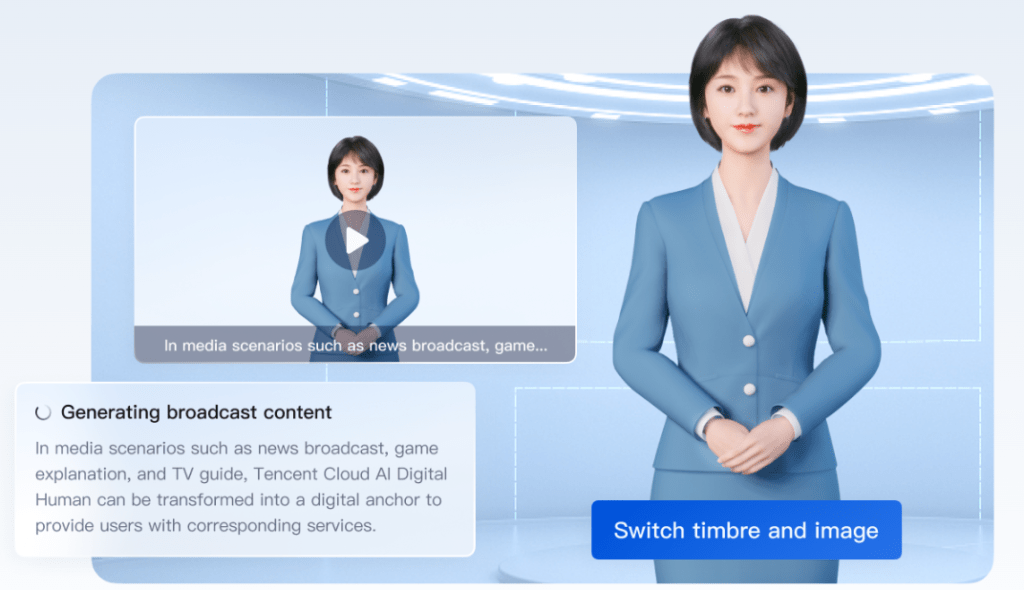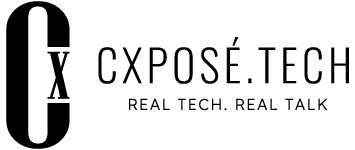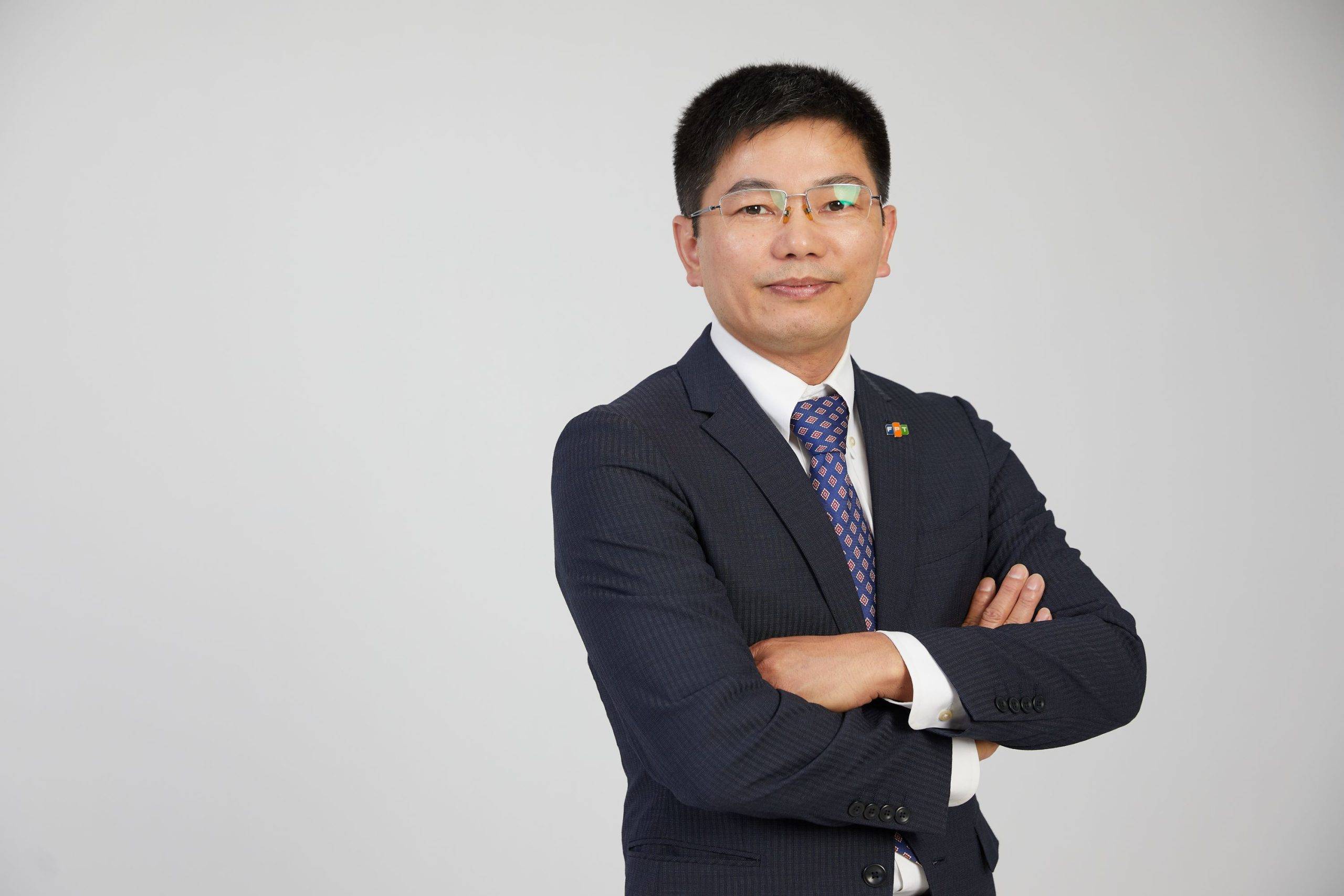At the sidelines of Dotconnector’s inaugural Asia Digital Innovation Expo or ADiE 2024, CXpose.tech had a quick chat with Tencent Cloud’s General Manager for Singapore and Malaysia, Kenneth Siow. He shares about innovative industry problem solving that can be achieved with collaboration and ecosystem building.
Tencent Cloud is a multi-award winning provider of cloud services with over two decades of experience and expertise in technology and services. In 2016, three years after its beginnings in 2013 in China, it announced international expansion.
“Since inception, we have been very dedicated to creating innovative solutions that solve real-world issues,” said Kenneth.
Because of the breadth of services that Tencent Cloud provides to the market in China and around the world, especially business-to-consumer (B2C) services, the cloud provider continually looks for ways to take their learning and experiences in horizontal use cases to to similar vertical industries.
“A lot of what we do stems from how we solve problems ourselves as a company. We are the world’s largest gaming publisher, China’s largest social communication platform provider, we have WeChat Pay and eWallets, and we are active in the eCommerce space,” Kenneth said.
Differentiated offerings
He shared about its massive investments into data centers – now Tencent Cloud has presence in 26 geographic areas, 70 availability zones and over 2800

Tencent Cloud’s Singapore and Malaysia chief
Kenneth Siow, Tencent Cloud
CDN (content data network) nodes around the world. This infrastructure is offered as Software-as-a-service (SaaS), Platform-as-a-service (PaaS), and Infrastructure-as-a-service (IaaS). These three modalities enable the Chinese company to deliver over 400 products and offerings for consumers, businesses, and developers to enhance their security, efficiency, and collaboration.
“The 400 plus offerings we have are a great testament to the strong engineering capability that we have.”
For example, Tencent Cloud Coding DevOps is a one-stop development management platform that includes hosting, project management, test management, continuous integration, artefact library, and more. In addition, the Tencent Cloud Mini-Program Platform is a solution that enables enterprises to build and develop their mini-program ecosystem based on their business needs.
“We are constantly looking at the horizontal applications of our solutions,” he said and observed that a hot topic among companies today is consolidation of their many types of services into a singular, superapp-like environment like WeChat’s.
The beauty of WeChat is its support for other apps, called mini programs, to be part of a consolidated whole interface they offer their clients and end users. Tencent Cloud is actually taking this platform and solution to customers like CCTV in China that want to offer a single consolidated experience as well.
“The 400 plus offerings we have are a great testament to the strong engineering capability that we have.”
He added, “When you look at what we offer, I will say most of it is because we realized there is a problem that needs to be solved. And we created a solution and then took it out to the market.”
When it comes to industry diversity, the company’s approach highlights its capacity to provide tailored solutions across a variety of sectors. The service extends to and is customized to address the unique needs of numerous sectors, including retail, tourism, transportation, and public services.
Solving common pain points – cost, scalability, security
Tencent Cloud recognizes that three common problems exist across a variety of industries. The operating costs of an IT environment can be addressed by cloud services and Kenneth observed a shift in queries by businesses, from whether they should use cloud to how to use it for operating costs management.
Scalability and security are two additional capabilities that cloud providers, and especially global-scale cloud providers like Tencent Cloud, are able to offer. Besides service level agreements (SLAs) to comply with, Kenneth further explained how serious Tencent Cloud is about security. “We adhere to industry standards and have implemented relevant security measures and privacy protection mechanisms to ensure the safety of customer data.”
Tencent Cloud has also been certified for most international security standards, such as ISO 27001, ISO 27017, ISO 27018, and CSA STAR, which ensure that it provides high-level security and data protection.
Current tech trends and an exciting roadmap
Tencent Cloud combines artificial intelligence (AI) and big data services to provide intelligent solutions for clients — this is achieved through several strategic approaches.

Tencent’s digital human solution
For example, the firm has recognized the criticality of developing digital humans in the realm of eCommerce live streaming. Besides being able to enhance users’ interactive shopping experiences, these digital humans act as virtual hosts, showcase products, answer queries, and engage with the audience in real-time, thereby bridging the gap between online shopping and personal interaction.
Kenneth shared that Tencent Cloud’s service comes with user protection and security features such as an identity verification process, in line with international standards for information security and user identity protection. “We welcome independent software vendors (ISVs) like Belive Technology and YTL Communications to work with us, take the best-of-breed of our products, package it, and then offer it to the market under their own brand name,” Kenneth said.
YTL Communications leverages Tencent Cloud’s identity verification services, eKYC (know-your-customer) solution, and AI technology to offer self-service experiences via the mobile app for their customers and partners.
“A lot of what we do stems from how we solve problems ourselves as a company.”
Within the gaming sector, Tencent AI Lab develops AI-powered game development tools, that for example can expedite the creation of 3D virtual game environments in a matter of weeks or months instead of years.
Kenneth explained that the solution employs AIGC (AI generated content) technology to generate lifelike, diverse virtual city scenes from scratch. “We also work closely with Tencent’s game business to introduce innovative services such as mobile security and testing platforms, leveraging our game AI and big data capabilities.”

Tencent’s computer vision AI solutions and media codecs that are continually refined to optimize network resources for better live streaming and video-on-demand experiences, have also been successfully implemented in online education, livestream shopping, and social media platforms.
Tencent Cloud recognizes the importance of collaboration and ecosystem building in driving innovation; it has fostered strong partnerships with a diverse array of stakeholders, including channel resellers, technology partners, and service providers. Through strategic alliances and joint ventures, Tencent Cloud continues to expand its reach and enhance its offerings to empower its clients with comprehensive solutions tailored to their needs.








